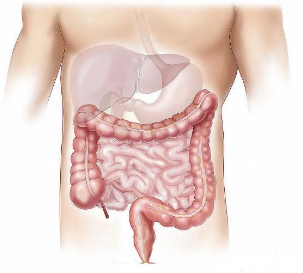Amadee-20-MOVE
Details
| Acronym | MOVE |
| Description | The MOVE experiment aims to study the frequency and consistency of bowel movements among crew during the mission’s isolation phase. |
| Principal Investigator (PI) | Tricia L. Larose | tricia.larose@ntnu.no |
| Organisation | NTNU, Faculty of Medicine & Health Sciences, Dep. of Public Health & Nursing |
| Co-Investigators | n/a |
Summary

Normal bowel movements differ between individuals, and within the same individual over time. Factors such as diet, dehydration, increased stress, reduced physical exercise and exposure to extreme or abnormal environments, can have a negative impact. Short-term difficulties may be alleviated by addressing some of these factors, but longer-term issues or acute difficulties in the shorter-term may be symptomatic of more serious issues. By tracking the bowel movements of analog crew, we intervention with medical care is possible if necessary. In the future, results from this experiment may be used to develop prevention strategies for future planetary analog missions. The MOVE experiment aims to study the frequency and consistency of bowel movements among crew during the mission’s isolation phase. The data will be monitored weekly to inform the medical team, and prevention strategies will be established to ensure optimum health and well-being of crew members on future analog missions. The experiment setup is rather simple: a laminated paper with four different images displaying images representing four possible types of excrement ranging from healthy to unhealthy will be fixed to the habitat’s toilet door. Immediately after a bowel movement, the crew member will log the entry classifying it according to the information chart. A photograph of the log chart will be taken weekly and sent to the support team.
Experiment Data
| Date | Files |
|---|---|
| no data received | no files |